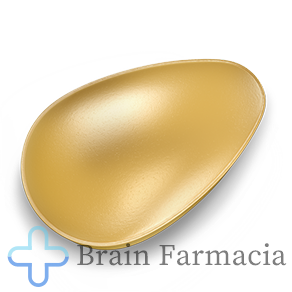Understanding Hypertension
What is Hypertension?
Hypertension, also known as high blood pressure, is a common medical condition that affects millions of people worldwide. It occurs when the force of blood against the walls of the arteries is consistently too high. Blood pressure is measured in millimeters of mercury (mmHg) and is expressed as two numbers. The top number, systolic pressure, represents the force when the heart contracts, while the bottom number, diastolic pressure, represents the force when the heart is at rest.
Symptoms and Complications
Hypertension is often referred to as the \"silent killer\" because it usually doesn't cause noticeable symptoms. However, it can lead to serious complications over time if left untreated. Some common complications of hypertension include heart disease, stroke, kidney disease, and vision problems. It is important to monitor your blood pressure regularly and seek medical attention if you experience any abnormal readings.
Treatment Options for Hypertension
Lifestyle Modifications
One of the first lines of treatment for hypertension is making healthy lifestyle changes. This includes maintaining a healthy weight, eating a balanced diet low in sodium and saturated fats, engaging in regular physical activity, avoiding tobacco and excessive alcohol consumption, and managing stress. These lifestyle modifications can significantly lower blood pressure and reduce the risk of complications.
Medications
In some cases, lifestyle modifications may not be enough to control hypertension. Your healthcare provider may prescribe medications to help lower your blood pressure. There are several different types of medications available, including diuretics, beta-blockers, ACE inhibitors, angiotensin receptor blockers, calcium channel blockers, and others. These medications work in different ways to relax blood vessels, decrease fluid volume, or reduce the force of the heart's contractions.
Preventing Hypertension
Healthy Habits
While hypertension can have genetic and age-related factors, adopting healthy habits can significantly reduce the risk of developing the condition. Maintaining a healthy weight, eating a balanced diet rich in fruits, vegetables, whole grains, and lean proteins, limiting sodium intake, exercising regularly, managing stress, and avoiding tobacco and excessive alcohol consumption can all contribute to maintaining normal blood pressure levels.
Regular Check-ups
Regular check-ups with your healthcare provider are crucial in preventing hypertension. They can monitor your blood pressure, identify any signs of elevated pressure, and provide early intervention if necessary. Early detection and proper management can prevent the progression of hypertension and reduce the risk of complications.






